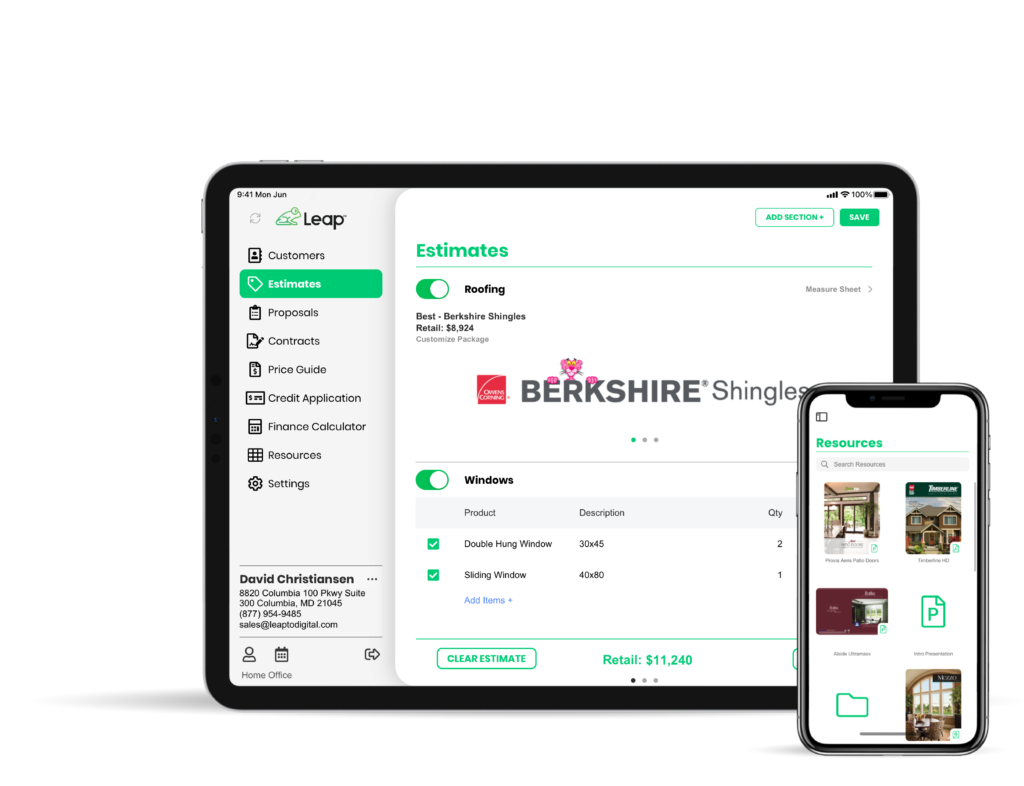
America is running out of homes to buy. According to Business Insider, in the past year, “homes have been selling at breakneck speed.” The National Association of Realtors (NAR) reports home sales this past January were up nearly 24% from January 2020. Low-interest rates, desire for space (due to work-from-home pandemic policies), and stimulus payments have fueled the sales surge.
Who is buying all these homes? The answer might surprise you—it’s the nation’s millennials. According to the NAR, the largest percentage (37%) of homebuyers last year were millennials (ages 21-41).
However, many are priced out of the new home market—new home prices are up an average of $24,000 in the past year, according to the NAR. This is due, in part, to record-high lumber prices. So, many millennials are buying fixer-uppers. Here’s what you need to know about millennial homeowners.
Remodeling is on The Rise
While last year, stuck-at-home homeowners embraced DIY projects, the first quarter 2021 Leading Indicator of Remodeling Activity (LIRA) report shows “the projected growth of the home improvement market will increasingly be tied to professional activity levels.” Overall, annual homeowner remodeling spending should hit $370 billion by early 2022.
The Pandemic Push
According to Clever Real Estate’s latest market survey, 30% of millennials say “COVID-19 pushed them to begin house hunting earlier than originally planned.” And 71% are willing to purchase a fixer-upper.
Millennials Are The Nation’s Parents
A Think With Google report says as the oldest millennials enter their 40s, over 40% identify as parents. And more than a million millennial women become moms every year, per Pew Research.
What Millennials Want
The survey from Clever Real Estate reveals “millennials want more space to work remotely, enjoy outdoor living, and cohabitate with their growing families.” This means they want large kitchens (60%), ample outdoor space (45%), and enough space to grow into (43%).
More Space is Needed
The annual Life at Home report from IKEA shows homeowners want the room to pursue their hobbies (38%), outdoor space/private gardens (35 %), and a “better work from home setup” (33%). Ikea says homes now serve as “playgrounds, gyms, schools, offices, and mini-parks.”
Connecting to Nature
The Ikea report says the inside and outside of our homes will “become more integrated, with priority given to the impact of light and nature on health and wellbeing. Homes will get lighter and greener, with large windows, communal gardens, balconies, and roof terraces.”
Multigenerational Homes
Demand for multigenerational homes has increased. About 20% of Americans already live in multigenerational homes, and the NAR’s 2020 Profile of Home Buyers and Sellers says 15% of home buyers want to buy one.
Some existing homeowners opt to convert their current homes to accommodate their parents and their millennial children (ages 25-29). Popular remodels of these homes include adding bedrooms, bathrooms, and an additional kitchen.
There may also be a need to remodel the home, incorporating universal design principles, making the home safe and accessible for everyone.
Chicken Coops
With the rise of remote work opportunities, millennials are no longer tied to living in major metropolitan areas. Analytics firm Prevedere says rural population growth among millennials increased 3%. And rural retail chain Tractor Supply says it sold 5.5 million chickens in 2020 to new customers. The company’s CEO Hal attributes the sales surge to millennials moving to suburban and rural areas.
Generation Green
Millennials are environmentally and socially conscious consumers—61% will spend more to buy eco-friendly products. They also prefer to do business with companies that “stand for something” and are aligned with their values. In fact, 40% of millennials have boycotted a company because it behaved in a way that didn’t align with their values.
Selling to Millennials
If you want to reach millennials, you need to up your digital game, particularly your mobile presence. Most (78%) use smartphones to research products/services and compare prices (75%). They expect to receive excellent customer service and are twice as likely to back out of a purchase if they don’t receive it.
Learn How Leap Can Help Your Business
[leap_form url=’https://go.leaptodigital.com/l/492601/2020-05-29/3g4ydq’]

Leap is a subscription-based software that home service contractors use to digitize their business – digital contracts, estimates, documents, financing, and more! Leap integrates with top home improvement software! Using Leap companies eliminate redundancies and errors.

